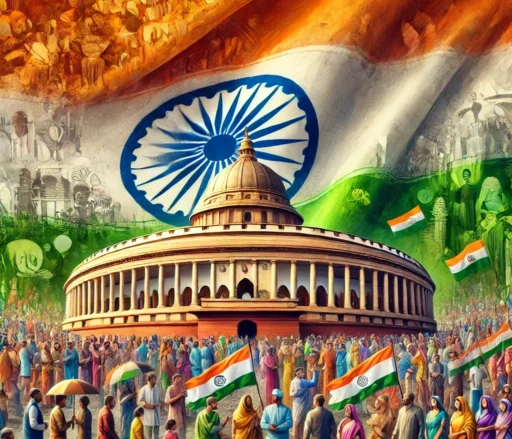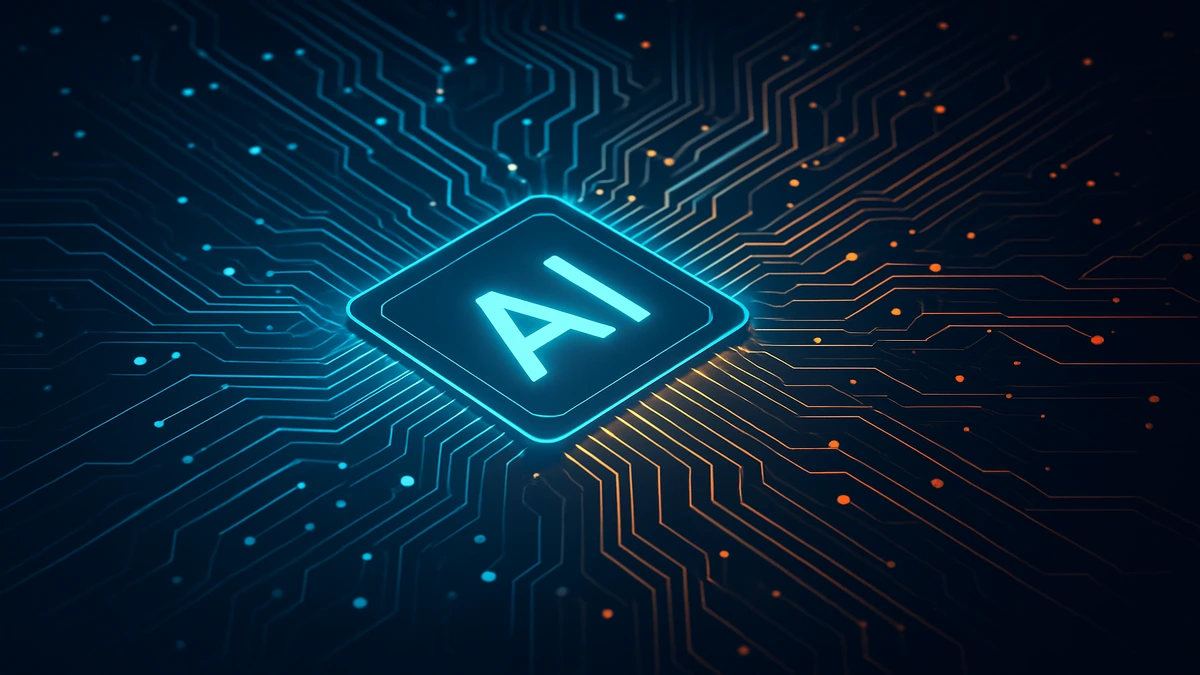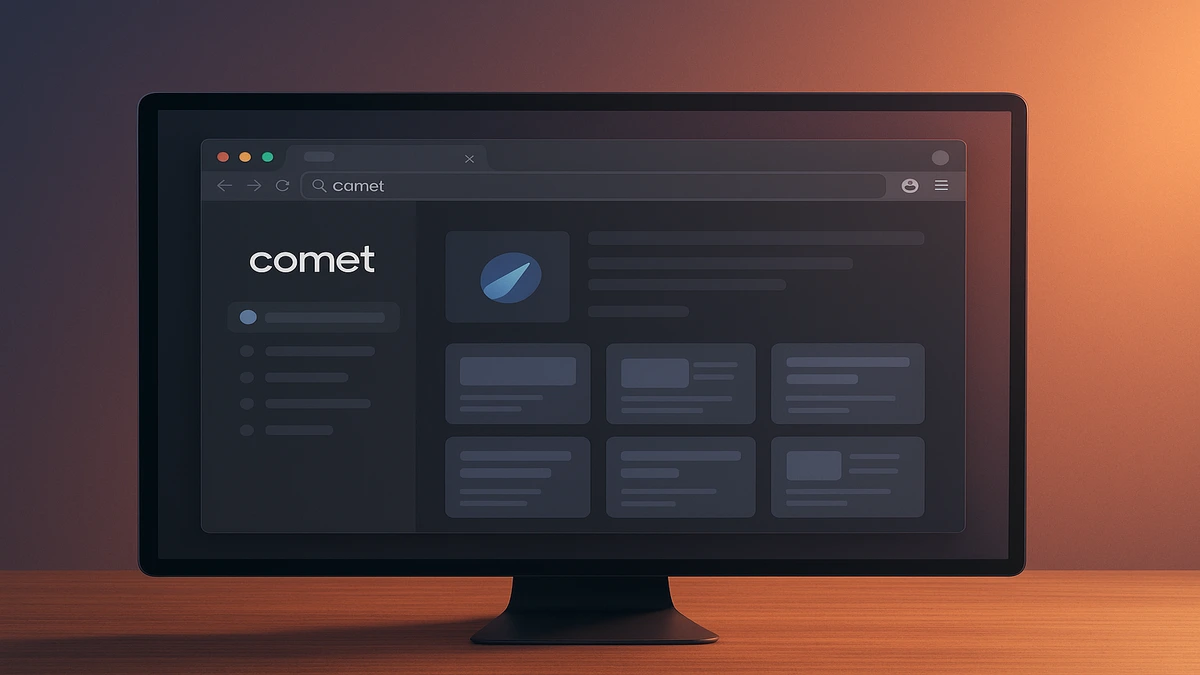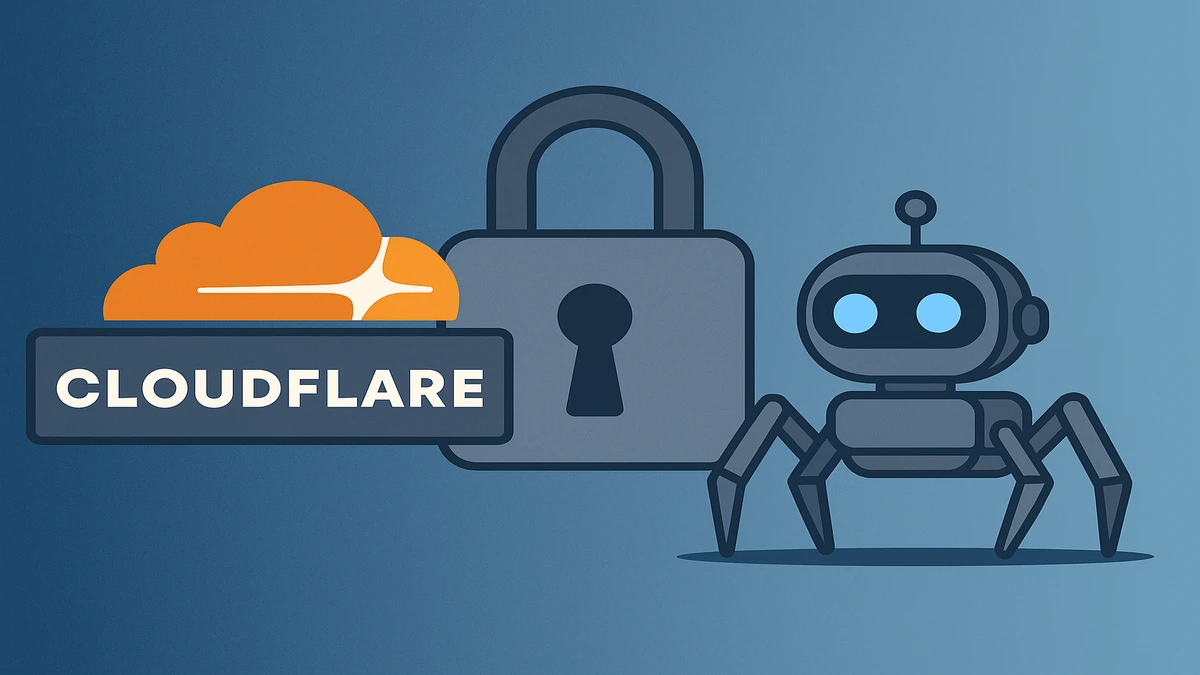
The Union cabinet, led by Prime Minister Narendra Modi, has given its clearance to the “One Nation, One Election” proposal. The bill is likely to be raised during the parliament’s winter session. A panel headed by the former President of India, Ram Nath Kovind, submitted a report on the proposal in March before the commencement of the Lok Sabha Elections.
Union Cabinet Minister Ashwini Vaishnaw addressed a press conference and highlighted that the union cabinet has unanimously accepted the recommendations by the high-level committee on “One Nation One Election”. He stated while addressing the press conference – “Elections to the House of the People and Legislative Assemblies of states were mostly held simultaneously from 1952 to 1967”. Concerns regarding the deployment of security personnel at areas where elections are organised thereby causing a law and order situation in security-scarce regions, were pointed out. This badly impacts the criminal justice system. The Law Commission report also stated this issue earlier. Mr Vaishnaw also highlighted that multiple election processes hinder smooth development in terms of infrastructure. He further clarified that the proposal would be implemented in 2 phases. To quote the minister – “In the first phase, Lok Sabha Elections and Assembly Elections will be held and in the second phase, Local Bodies Elections(Gram Panchayat, Block, Zilla Parishad) and Urban Bodies(Municipal Committees or Corporations)”.
The former president led panel recommended simultaneous elections for the Lok Sabha and State Assemblies as the first step followed by Local Body polls within 100 days. The panel recommended the setting up of an implementation group to assess the points highlighted by the committee. The panel mentioned in its report that simultaneous polls will enhance social cohesion and help push the development agenda. It will also help deepen “foundations of democratic rubric” and help realise the untapped potential of Bharat. The panel recommended the preparation of a common electoral roll and voter ID cards by the Election Commission of India in consultation with state election authorities. As many as 18 constitutional amendments have been recommended by the panel. Those recommendations need not be ratified by the state assemblies but would require to be passed by the parliament.






